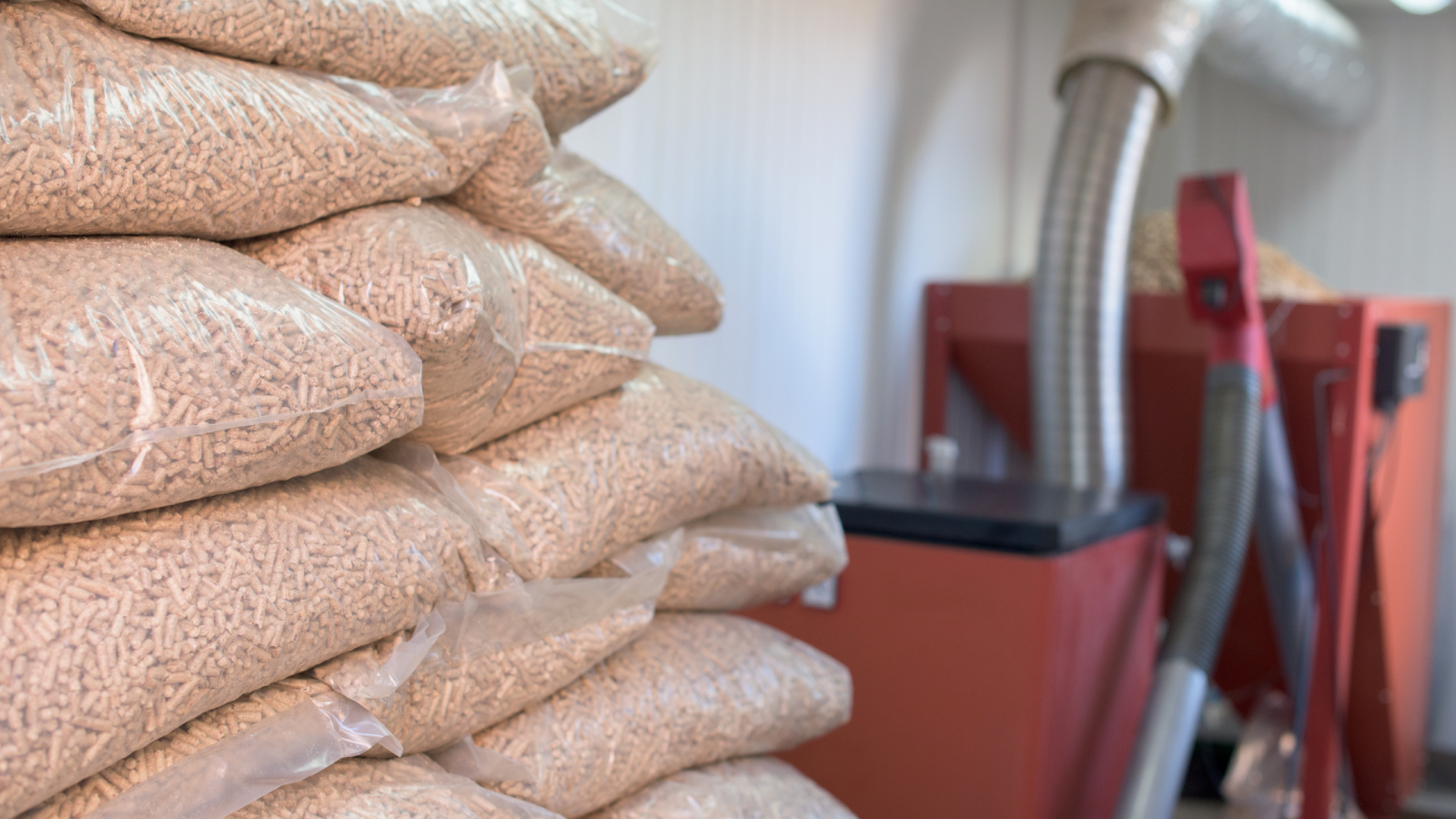
"Even though it's considered a sustainable alternative to fossil fuels, biomass is still not one of the most common forms of domestic heating systems, which is why I'm often asked - 'what's it like to live with a biomass boiler?' In short, it's a little like living with an older teenager. On the whole, consistent and well-behaved. On occasion, prone to temperamental outbursts and capable of switching off at a moment's notice if you're not paying attention to it."
"In terms of day to day life with a biomass boiler, as with most heating systems, it was set up to run via a programmable timer so that hot water and heat could be distributed, as and when needed. Underfloor heating in the new wrap around extension was controlled via a series of zoned thermostats set to the required temperatures."
Biomass boilers offer a sustainable alternative to fossil fuels but remain uncommon for domestic heating. They generally operate reliably when run via programmable timers and zoned thermostats, providing scheduled hot water and underfloor heating control. Problems often stem from user error, limited understanding of system operation, or flawed plumbing and heating design that overloads the boiler. Patience and learning how the system works improve reliability, and routine use can go for weeks or months without issues. Daily operation involves timer programming and managing zones, such as underfloor heating controlled by multiple thermostats to maintain required temperatures.
Read at Homebuilding
Unable to calculate read time
Collection
[
|
...
]